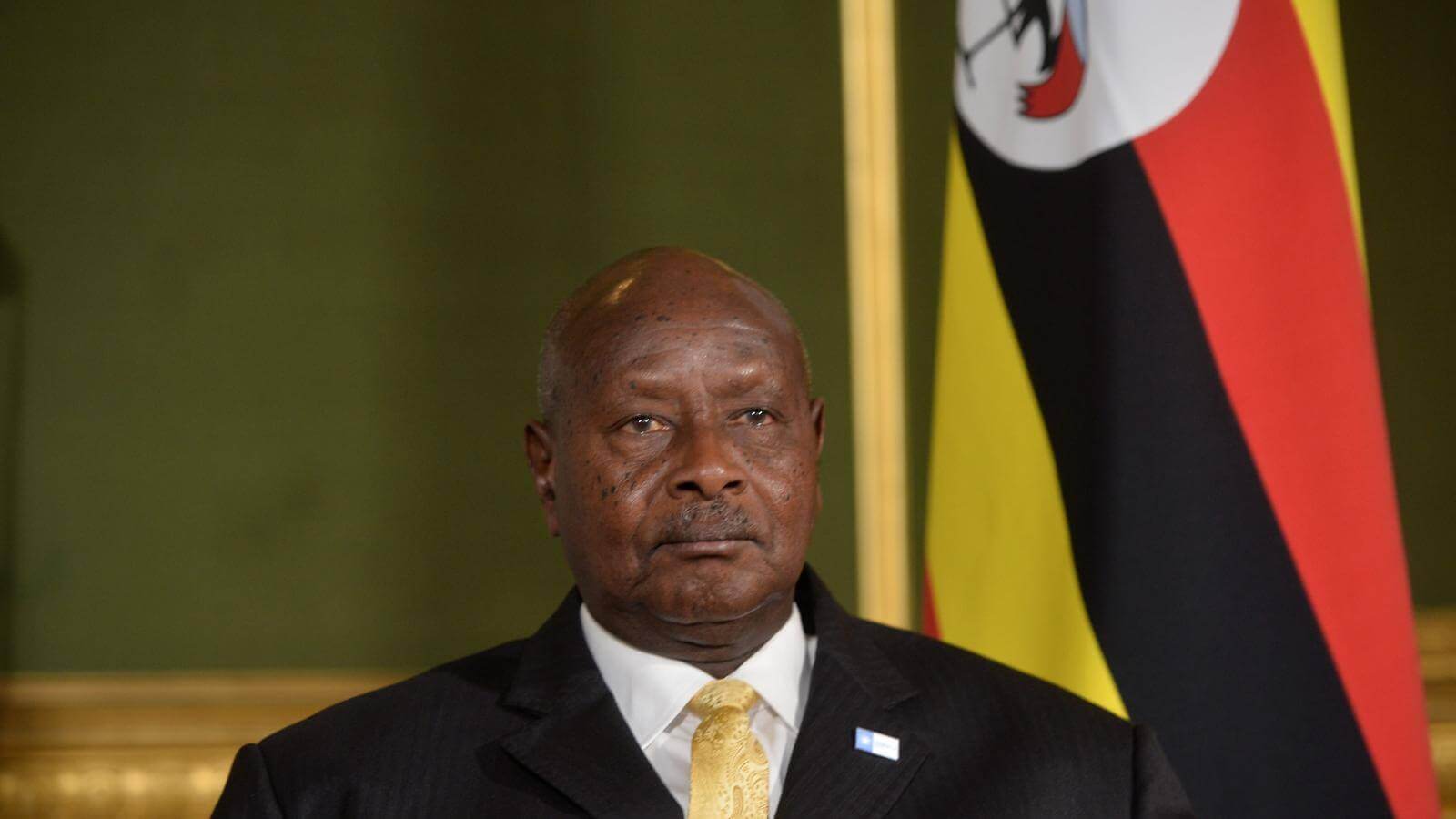Ahead of the upcoming presidential elections in February 2021, Ugandan President Yoweri Museveni has increased the roadblocks for content-sharing and news platforms to publish information. Bloggers, online television and radio channels, online newspapers, and broadcasters must now obtain special authorization and permits from the Uganda Communications Commission (UCC) before October 5 to continue operations.
In a statement released by UCC, the government said, “All persons currently offering or planning to commence the provision of online data communication and broadcasting services including but not limited to blogs, online television, radios, online newspapers, audio over Internet Protocol (AoIP), Internet Portal TV, Video on Demand digital audio radios and television, internet/ web radio and internet/web television, to obtain authorization from UCC before providing such services to the public.”
It added, “If your social media page is used to transmitting sound, video or data intended for simultaneous reception by the public (broadcasting) and by data, we mean electronic representation of information in any form including audiovisual, you need authorization as a data communicator.”
Critics warn that this new requirement undermines constitutionally-mandated rights to freedom of expression and communication. Aside from local news outlets, the Ugandan government has also implemented significant financial obstacles for telecommunications communications, which ostensibly serve as a medium through which news is made accessible.
For example, in June of this year, MTN Group, a pan-African telecommunications group, had to fork out $100 million to renew a 12-year license, after its initial offer of $50 million was rejected. As part of the agreement, it was also forced to list 20% of its shares on the Ugandan Stock Exchange.
These developments are particularly concerning in light of the fact that 76-year-old President Museveni is looking to extend his rule beyond four decades, having entered into office in 1986. After the ouster of Apollo Milton Obote from the Uganda People’s Congress in 1985 through a military coup, and a six-month junta rule, Museveni assumed the presidency.
Museveni didn’t hold elections for his first ten years in office, after which the implementation of a new constitution in October 1995 stipulated a strict two five-year term limit. This limit, of course, was removed in 2005, paving the way for him to run for re-election in February 2006. Similarly, in December 2017, the lower age requirement of 35 years and the upper age limit of 75 years were removed in anticipation of next year’s elections, allowing the National Resistance Movement’s (NRM) candidate to seek re-election once more.
Under his governance, Uganda now ranks as one of the most corrupt countries in Africa. Although he emerged as a “freedom fighter and a liberator” in 1986, he is now renowned for suppressing political dissent and opposition, and has overseen Uganda’s slow descent into a failed state. The judiciary essentially acts as an arm of his rule and the police do his bidding on the streets to clamp down on uprisings and protests.
Aside from his political corruption, Museveni has also failed to deliver on his economic promises. He put forth the National Development Plan, to focus on Uganda’s agriculture, tourism, and minerals industries, with a goal of becoming a lower-middle-income country by 2020 and an upper-middle income country by 2040. However, with an annual GNI per capita of just $780, Uganda has fallen well short of this goal, with the minimum GNI per capita required to be classified as a lower-middle-income country standing at between $1,036 and $4,045.
Ugandan Government Increases Roadblocks for Press as Museveni Chases Four Decades in Power
News platforms are now required to obtain special permits to continue operating.
September 9, 2020

Ugandan President Yoweri Museveni SOURCE: HANNAH MCKAY / REUTERS
